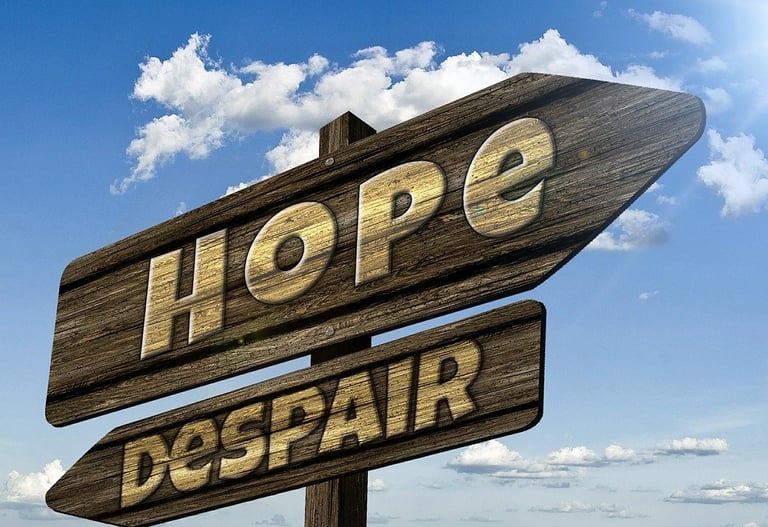Civilization was Saved by Christianity
At some point, every culture—and every person—asks: Why are we here? Does any of this matter?
Mark Gedeon
4/20/20252 min read


All the Left Can Offer is Despair
Some ideas sound big and distant—like something from a college textbook—but they’re closer to home than we think. David P. Goldman, in his provocative essay Shooting Dead Enemies, draws a surprising line from ancient Greece to today’s cultural chaos. And right in the middle of it all? Christianity.
Let’s unpack what he’s saying in simple terms.
When a Civilization Gives Up
Near the end of its glory days, ancient Greece started to run out of steam—not because of war or famine, but because people just stopped building the future. Birth rates dropped. Families shrank. And in many ways, the culture simply gave up.
It’s what Goldman calls a “self-willed extinction.” They didn’t want to keep going.
Why? Because the dominant worldview had no real reason to do so. The gods or fate were unpredictable. Nature was often cruel. Death was the end. If that’s all there is, why bother?
A Different Story Enters the Scene
Then Christianity showed up with a radically different message.
Contrasting sharply with the fatalism of ancient Greece, Christianity introduced a transformative perspective on human existence. The belief that every individual is created in the image of God imbues each person with intrinsic worth and purpose. This assertion provided a foundation for human rights and dignity that was not dependent on status or achievements.
Christianity's promise of a resurrection and eternal life offered a hopeful counter-narrative to the despair prevalent in Hellenistic thought. By affirming the possibility of redemption and a future beyond death, Christianity infused life with meaning and direction, encouraging individuals to live virtuously and with hope.
Heidegger, Despair, and Our Modern Drift
Fast forward to the 20th century. A German philosopher named Martin Heidegger captured the mood of many in the modern West. His core idea? We’re all heading toward death, and we need to come to terms with that. No afterlife. No rescue. Just acceptance.
It’s not hard to see echoes of that today in modern secular progressivism. Without God, modern culture swings between two extremes:
Arbitrary individualism and moral relativism (everyone does what feels right to them), which leads to
Conformity (when chaos leads to a demand for control and uniformity, often authoritarian - think cancel culture and censorship).
The author sees both as expressions of despair—a lack of hope or transcendent purpose.
When we lose a sense of purpose, things fall apart.
Why This Matters Now
Goldman’s point isn’t just about history or philosophy—it’s about where we are today.
We live in a time of deep confusion about what it means to be human. Are we just lucky animals? Random products of chance? Or is there something more?
Christianity offers a clear and hope-filled answer: You are not an accident. You were made on purpose, for a purpose.
And no matter how dark the world gets, the story isn't over.
When a society believes that, it builds. It grows. It flourishes.
When it doesn’t—when it gives in to despair or drifts into meaningless freedom—it collapses, like ancient Greece.
The Big Takeaway
We don’t need to be scholars to wrestle with these ideas.
At some point, every culture—and every person—asks:
Why are we here? Does any of this matter?
Christianity doesn’t dodge those questions. It faces them head-on and answers with a cross, a resurrection, and a radical hope that still has the power to save.


